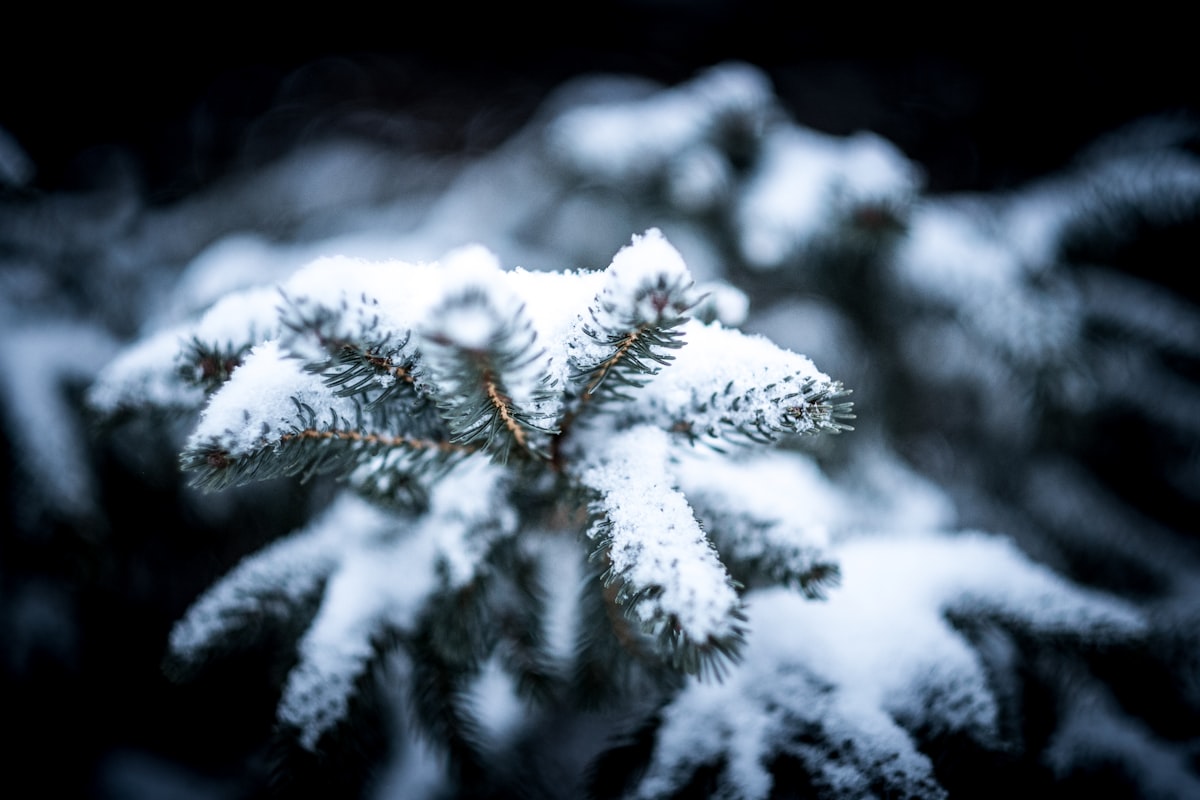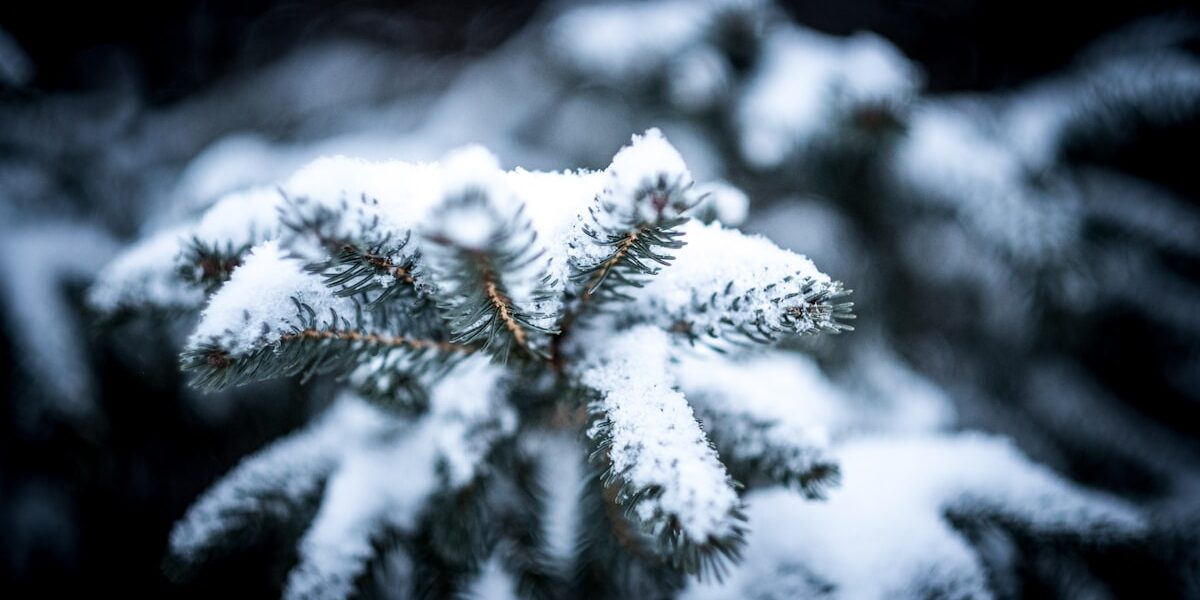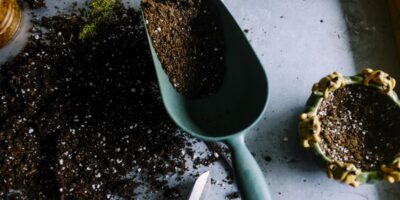Winter gardening has gotten complicated with all the variety recommendations and protection methods floating around. As someone who’s kept gardens productive through multiple harsh winters, I learned everything there is to know about what actually survives and thrives in cold weather. Today, I will share it all with you.
Winter doesn’t mean a barren garden. With the right plants, your space can remain alive through the cold months.

Cold Hardy Vegetables
Some vegetables actually thrive in cold. These plants often develop deeper flavors after a frost — the cold converts starches to sugars.
- Kale: The poster child for winter hardiness. Frost genuinely improves its sweetness. Plant in mid-fall for winter harvests.
- Collard Greens: Similar to kale but with broader leaves. Can handle temperatures down to 20°F without protection.
- Brussels Sprouts: These mini cabbages prefer cool weather. Cold improves their taste considerably.
- Spinach: One of the hardiest leafy greens out there. Grows through winter under cloches or row covers.
- Carrots: Plant in late summer for winter harvest. Cold temperatures enhance sweetness in ways summer carrots can’t match.
That’s what makes winter vegetables endearing to us serious gardeners — they taste better than their summer equivalents in many cases.
Winter Flowering Plants
Probably should have led with this section, honestly. Flowers in winter make the whole cold season more bearable.
- Hellebores: Known as Christmas Rose. These perennials bloom in late winter with shades of white, pink, and purple.
- Winter Jasmine: A shrub producing bright yellow flowers from November through March.
- Pansies: Despite their delicate appearance, they hold up in cold. Some varieties are specifically bred for winter flowering.
- Camellias: Evergreen shrubs blooming from fall to early spring. Their rose-like flowers provide color when everything else is dormant.
- Snowdrops: Hardy bulbs that push through snow to flower in early winter. Nothing says “winter gardening works” like these little flowers.
Herbs for Winter
Herbs can be surprisingly resilient. Many remain productive through cold months.
- Thyme: Stays evergreen in most climates. Perfect for winter soups and stews.
- Sage: Hardy and flavorful. Harvest throughout winter without problems.
- Parsley: In milder winters, continues growing. Use cloches or mulch for protection in harsher areas.
- Chives: Survive winter frosts reliably. Adds fresh onion flavor to winter dishes.
Structural Plants
Some shrubs and trees provide structure, color, and interest when everything else looks dead. These stand out in a winter landscape.
- Red Twig Dogwood: Striking red branches through winter. Stands out against snow beautifully.
- Holly: Bright red berries and deep green leaves. Traditional for good reason.
- Winterberry: Related to holly but without evergreen leaves. Bright red berries remain through winter, feeding birds.
- Witch Hazel: Blooms in late winter with fragrant yellow flowers. The spidery blossoms add unexpected interest.
Protecting What You Grow
Sustaining a winter garden requires planning and care. Here’s what actually works.
- Mulching: Thick layer insulates roots and preserves moisture. Leave a gap around stems to prevent rot.
- Row Covers: Lightweight fabric protects from frost while allowing light and moisture through.
- Cold Frames: Mini greenhouses that extend the growing season for cold-hardy vegetables. Worth building if you’re serious about winter growing.
- Watering: Water on warmer winter days to prevent dehydration from cold, dry winds. Don’t assume rain or snow provides enough moisture.
With careful plant selection and proper protection, your garden can remain vibrant and productive throughout winter. It takes some planning, but the results are worth the effort.


